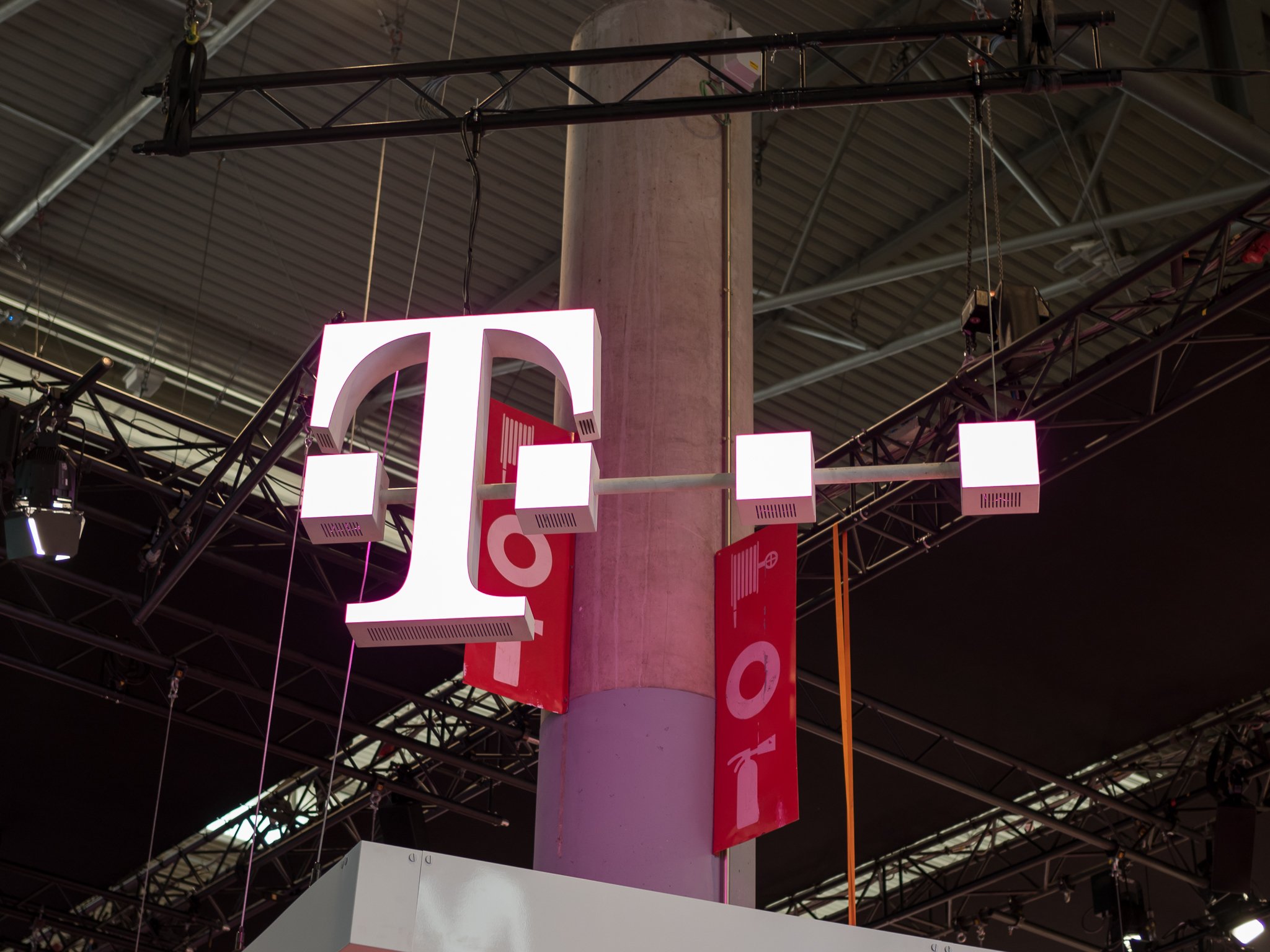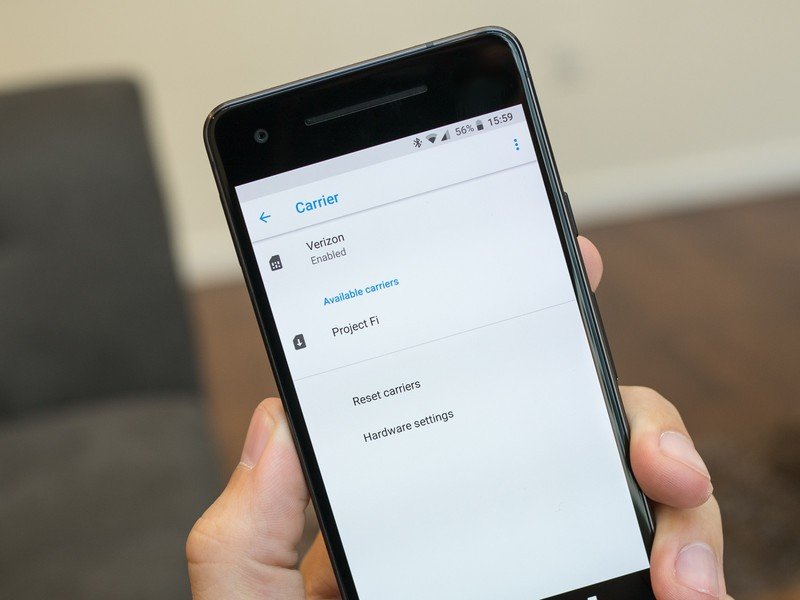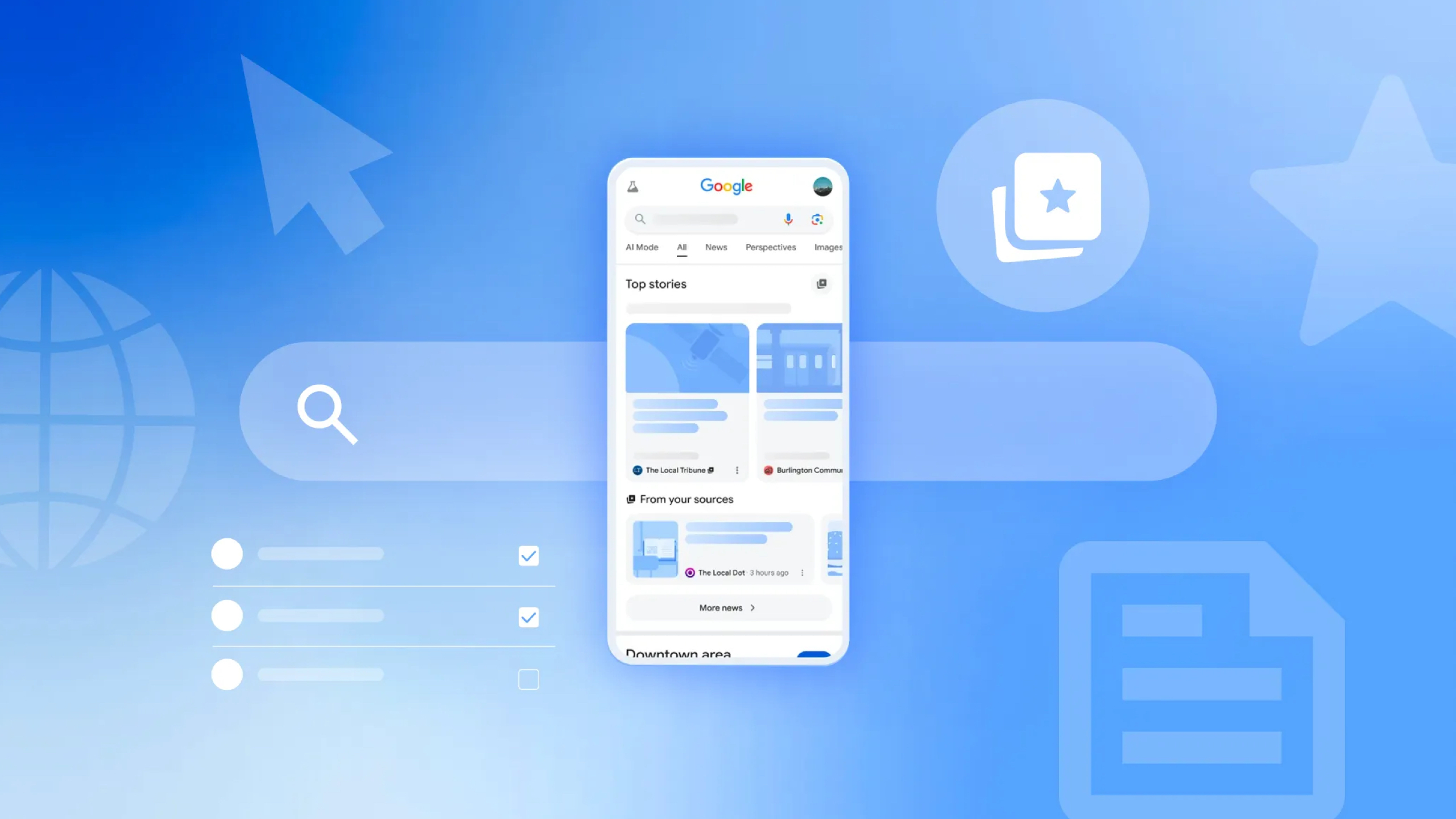Why is switching carriers still such a pain?

A few weeks ago, I finally made the switch from T-Mobile to AT&T. Nothing against old Magenta — it paid my bills for years when I worked as a sales rep! — but with spotty coverage in some of the areas I travel to for work, it was time to move on.
I walked into my nearest AT&T store and activated four new lines for the family and myself, transferring our phone numbers over and getting a couple of new handsets on BOGO promotion. My sales rep was helpful, and it turns out I was even well-qualified, giving me the lowest upfront prices! So everything went smoothly ... right? If only.
Even after working for a carrier for four years, switching was still a tedious and expensive process for me.
One of the biggest pain points of switching carriers has always been figuring out what to do with the phones on your account. Most people in the U.S. finance their devices to avoid paying full price upfront, and some even finance accessories if their carrier allows it, but that can cause some problems later on down the road. If you decide to move to another service midway through your financing period, you'll need to find a way to pay off the full balance of everything at once — otherwise, it'll all get sent to collections and tank your credit.
Thankfully, these days a lot of carriers are willing to reimburse you for the remaining balance on your devices, with a few caveats of course. In the case of AT&T and T-Mobile, you need to trade in the financed phone, finance a new one, and port in your number. That's not too bad — they're all things you'd probably be doing anyway while switching — but you also have to send in the final bill from your original carrier with the remaining balances of each device, which can take weeks to receive, then wait three to four weeks for processing before you're sent your reimbursement.

Speaking of porting numbers, that can be a little tedious, too. You'll need to present the new carrier with your account number and PIN or password from your existing carrier. In most cases, the account number is easy enough to find — just look at the top of any bill or document they've sent you — but the PIN is never displayed for obvious security reasons, which means if you don't already know it you'll need to call in. And carriers just love to hear that you're switching. They'll want to talk your ear off with retention offers and reasons why they're better than your new carrier.
If you're like me and porting your number from Google Voice, there are a few other things you'll need to know. You'll have to unlock your number at least 24 hours before starting the porting process, which costs $3 unless you originally ported that number into Google Voice from another carrier. Also keep in mind that your account number is simply your phone number, and your PIN is the same one you use to access your voicemail.
Be cautious; it isn't always over when you walk out of the store.
Once all of this is squared away, and you finally have new phones and your numbers are taken care of, you're all set! Everything should be up and running with your new service, and you'll hopefully be enjoying better coverage, faster speeds, and — fingers crossed — a lower bill. Except, it might not be over just yet.
Get the latest news from Android Central, your trusted companion in the world of Android
If you're bringing your own phone for any line on the account, make sure you bring it in and have the sales representative enter the IMEI and proper data plan. I didn't do this with my SIM-only line (the rep just entered all 1s into the system for the IMEI, which seems to be standard practice with BYOD lines), and that line ended up not being able to connect to the data network until I called in to have them attach the correct data plan.
You should also be aware of prorated charges — your first bill will never be as low as what you signed up for, and mine was almost double my regular bill. This is due to a combination of factors; activation fees, equipment charges, and so on. Most carriers have a page explaining your first wireless bill — you can read AT&T's here.
At the end of the day, your mileage may vary, and you'll hopefully run into less trouble than I did. But some of these problems are unavoidable, like the unreasonably high first bill and the waiting game of getting reimbursed for financed phones (unless, of course, you were smart and financially stable enough not to finance them through your carrier in the first place). Maybe we should all just buy Pixel 2s and switch to Google Fi for simplicity's sake. I'm sure Google wouldn't mind.
What's been your experience with switching carriers? Did you run into as many problems as I did, or was your transition a bit easier? And why did you switch in the first place? I'd love to hear about it in the comments below.

Hayato was a product reviewer and video editor for Android Central.
